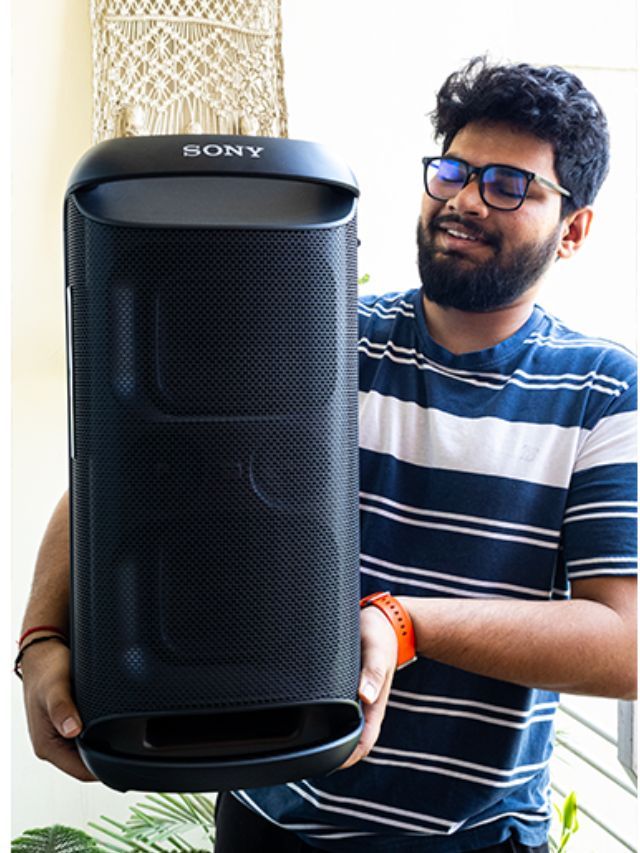
WhatsApp now faces a Supreme Court notice, which seeks answers for the company’s alleged non-uniform handling of user data and privacy – specifically in India and Europe. Judging on a petition that alleges that WhatsApp’s handling of user data and privacy is biased and preferential in Europe, and lagging of the security aspect in India, the Supreme Court reprimanded WhatsApp for not considering user data privacy with utmost importance. The apex court of India, through its bench headed by Chief Justice S.A. Bobde, has given the Facebook-owned company four weeks to respond to its notice.
Appealing on behalf of the petition, advocate Shyam Divan argued, “In January, they (WhatsApp) have come up with a new privacy policy. One set of privacy standards apply to Europe and a different set of standards apply to Indians. This happens when the Personal Data Protection Bill is pending. There is a huge differentiation between Europeans and Indians.” Basis this argument, a PTI report stated that the Supreme Court bench said, “You may be a $2-3 trillion company, but people’s privacy is more valuable for them – and it is our duty to protect their privacy.”
The issue in question was raised pertaining to the 2021 update of usage and privacy policy that WhatsApp floated to users, sparking off a major controversy and outrage about its sharing of identifiable metadata with its parent company, Facebook. Appearing on behalf of WhatsApp, senior counsel Kapil Sibal claimed that the same policy is “applicable everywhere apart from Europe, as there is a law (in Europe).” Sibal further added, “If India has a law, we will follow the same.”
Ever since falling into the privacy policy controversy, WhatsApp has seen the parallel rise of Signal and Telegram as more recommendable, private messaging apps. Alongside print and online advertisements, the company has been putting status updates on the WhatsApp app for everyone, in a desperate attempt to convince users that their data is not being exploited. However, privacy advocates have maintained that the issue at hand is not security of messages, but the privacy of users in light of the background metadata that the parent Facebook group collects from WhatsApp to gain bigger ad revenues – something that WhatsApp has so far largely deflected, and not addressed in the entirety.
WhatsApp and its parent company Facebook now have four weeks in hand to answer to the Supreme Court of India, to explain if their privacy policy practices around the world are indeed discriminatory.
















